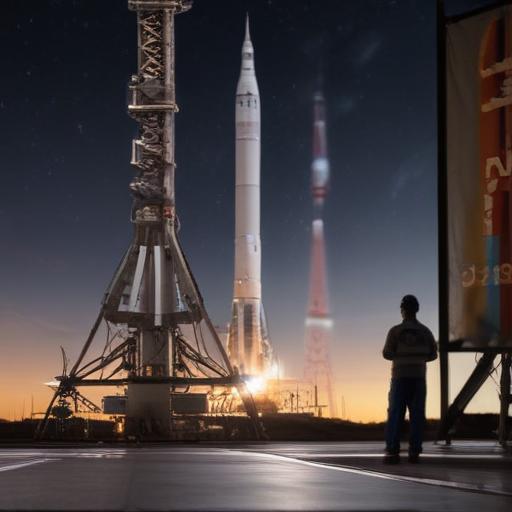United Launch Alliance (ULA) had to abort the second launch of Amazon’s Project Kuiper satellites due to a temperature-related issue with the RD-180 engine on the booster. The scrub was announced around 1 p.m. EDT on June 16, roughly 30 minutes before the scheduled liftoff.
During the countdown, ULA CEO Tory Bruno highlighted that teams were addressing a temperature measurement that was higher than what has been observed in previous Atlas 5 launches. ULA confirmed the delay in a statement, mentioning an “engineering observation of an elevated purge temperature” within the booster engine. Following the scrub, the teams will assess the hardware, with a new launch date to be announced once available.
Fueling for the 205-foot rocket had completed when the scrub was called, and Bruno indicated that the issue could not be resolved in time for the launch window. It remains uncertain whether the necessary repairs can be handled on-site or if the rocket will need to return to the Vertical Integration Facility (VIF) located about a third of a mile away.
The weather forecast for the launch was initially favorable, with a 75 percent chance of acceptable conditions. While forecasts indicated potential for showers later in the day, the early week weather was expected to remain stable.
The Atlas 5 rocket, designated AV-105, is part of ULA’s ongoing partnership with Amazon, which has purchased six additional Atlas 5 launches for Project Kuiper. This flight, known as Kuiper 2, follows the successful launch of the initial batch of satellites in April, which positions Amazon to build its satellite constellation necessary for its broadband internet service.
Amazon is under tight deadlines imposed by the Federal Communications Commission, requiring it to have half of its planned constellation of over 3,200 satellites operational by July 2026. In addition to its existing Atlas 5 commitments, Amazon has also ordered multiple rockets from various providers, including Vulcan from ULA and Falcon 9 from SpaceX.
While this setback may be disappointing, it is a normal part of the launch process, often revealing the dedication to safety and precise engineering. The ongoing investment in developing a high-capacity satellite constellation offers promise for expanding internet access globally, especially as Amazon continues to adapt and prepare for future launches.
